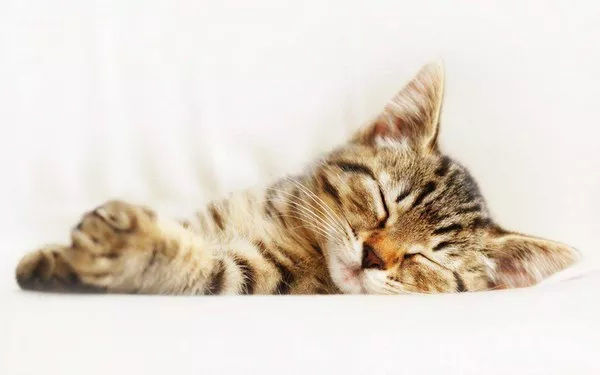Bengal cats are a unique and highly sought-after breed of domestic cat. Known for their beautiful coats and playful personalities, these cats have gained a lot of popularity in recent years. However, there are some concerns about their temperament, with many people wondering if Bengal cats are aggressive. In this article, we will explore the topic of Bengal cat aggression and answer some common questions about their temperament.
What Is Bengal Cat Aggression?
Bengal cat aggression refers to any behavior that is aggressive or threatening towards other animals or humans. This can include hissing, growling, scratching, biting, and other aggressive behaviors. While all cats can exhibit aggressive behavior at times, some people believe that Bengal cats are more prone to aggression than other breeds.
Are Bengal Cats Aggressive?
Like all cats, Bengal cats can exhibit aggressive behavior, but they are not inherently aggressive. In fact, Bengals are known for their friendly and outgoing personalities, and they are often described as dog-like in their behavior. However, like all cats, they have their own personalities and individual quirks, and some Bengals may be more prone to aggression than others.
What Causes Bengal Cat Aggression?
There are several factors that can contribute to Bengal cat aggression:
- Lack of socialization: If a Bengal cat is not socialized properly as a kitten, they may be more prone to aggression towards other animals and humans.
- Fear or anxiety: If a Bengal cat feels threatened or fearful, they may exhibit aggressive behavior as a means of defending themselves.
- Medical issues: Some medical issues, such as pain or discomfort, can cause a cat to become more irritable or aggressive.
- Breed traits: While not all Bengals exhibit the same behaviors, some may have certain breed traits that make them more prone to aggression.
How to Prevent Bengal Cat Aggression
There are several steps you can take to prevent Bengal cat aggression:
Socialize your Bengal cat from a young age:
Introduce them to a variety of people, animals, and environments to help them feel comfortable and confident in different situations.
Provide your Bengal cat with plenty of mental and physical stimulation:
Engage in play and provide toys and other forms of enrichment to keep them occupied and stimulated.
Be aware of their body language:
Learn to recognize signs of aggression, such as hissing, growling, or dilated pupils, and remove them from the situation if necessary.
Ensure they are in good health:
Regular veterinary check-ups can help identify and treat any underlying medical issues that may contribute to aggression.
Seek professional help if necessary:
If your Bengal cat exhibits aggressive behavior that you are unable to manage on your own, consider seeking the help of a professional animal behaviorist.
Bengal cats are not inherently aggressive, but like all cats, they can exhibit aggressive behavior at times. Factors such as lack of socialization, fear or anxiety, medical issues, and breed traits can all contribute to aggression. By providing your Bengal cat with proper socialization, stimulation, and care, and being aware of their body language, you can help prevent aggressive behavior. If you have concerns about your Bengal cat’s behavior, seek the help of a professional to ensure their well-being and the safety of those around them.


























